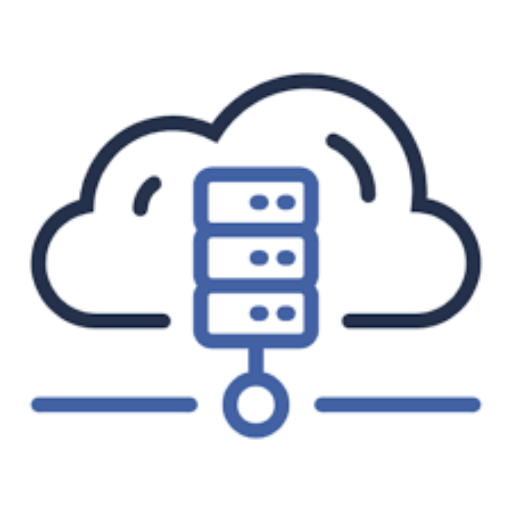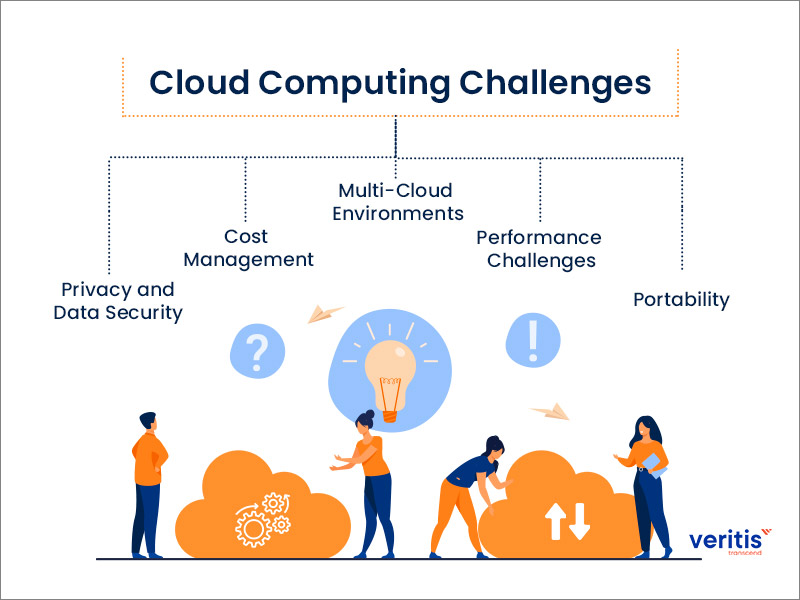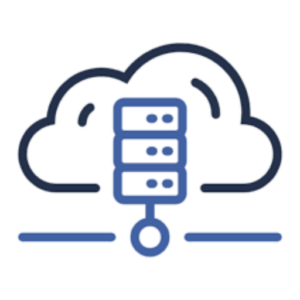
The Role of Artificial Intelligence in Cloud Computing
Advertisment
Artificial Intelligence (AI) is revolutionizing cloud computing, offering enhanced automation, security, and data processing capabilities. By integrating AI into cloud platforms, businesses can improve efficiency, reduce costs, and make smarter, data-driven decisions. Here’s how AI is shaping cloud computing.
- Enhanced Data Management
AI-powered algorithms help cloud platforms manage and process vast amounts of data efficiently. AI automates data sorting, analysis, and categorization, providing businesses with actionable insights that improve decision-making and scale operations effectively.
- Automation and Efficiency
AI automates routine tasks in cloud environments, such as system monitoring, backups, and updates. This reduces human error and enhances productivity, allowing businesses to focus on strategic initiatives rather than operational details.
- Improved Security
AI enhances cloud security by identifying potential threats and responding in real time. AI-based systems monitor cloud environments for anomalies, detect vulnerabilities, and continuously improve security through machine learning models that adapt to emerging threats.
- Personalized Cloud Services
AI enables cloud platforms to offer personalized services by analyzing user behavior and preferences. Businesses can deliver customized experiences, such as AI-driven customer support through intelligent chatbots or personalized recommendations based on cloud-hosted data analytics.
Advertisment
- AI-Powered Analytics
AI’s real-time processing capabilities enable advanced analytics on cloud platforms. Predictive analytics help businesses forecast trends, optimize operations, and make informed decisions, giving them a competitive edge.
- Resource Optimization
AI ensures efficient use of cloud resources by automatically adjusting computing power, storage, and bandwidth based on real-time demand. This dynamic scaling reduces costs and improves energy efficiency.
- Intelligent Cloud Applications
AI enhances cloud applications by enabling them to learn and adapt over time. Machine learning models improve recommendation engines, fraud detection, and search algorithms, resulting in smarter, more user-friendly services.
- Streamlined DevOps
AI simplifies DevOps processes by automating code testing, deployment, and monitoring. This enables faster software releases, reduced downtime, and more efficient cloud-based application management.
Conclusion
AI is transforming cloud computing by boosting automation, improving security, and enhancing data-driven decision-making. As AI continues to evolve, its integration with cloud platforms will unlock new opportunities for innovation, growth, and competitive advantage for businesses.
Advertisment












Post Comment